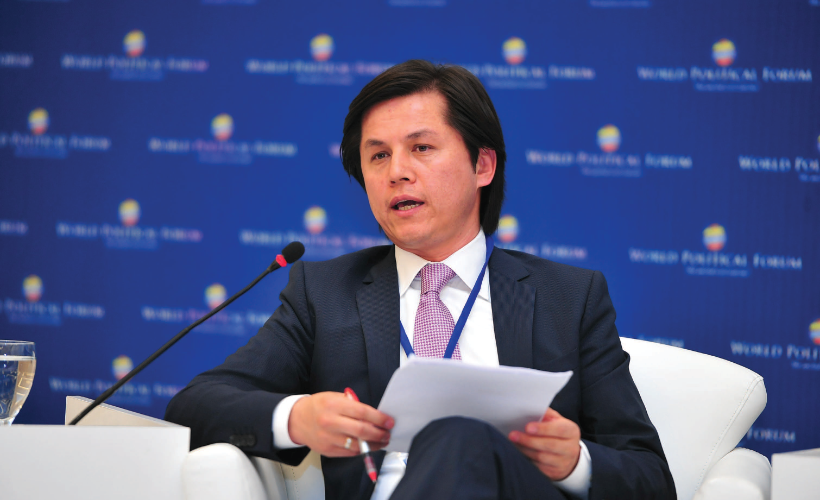This week on Sinica, Kaiser and Jeremy are joined by Nury Turkel, a prominent voice in the overseas Uyghur community and the chairman of the Uyghur Human Rights Project, now based in Washington, D.C. We discussed Nury’s own experiences as a Uyghur and an activist both in China and the United States; the increasingly vocal Uyghur diaspora around the world in the wake of widespread detentions in Xinjiang; the relative absence of state-level pushback outside of China; and the international organizations that advocate for Uyghur rights in China and the accompanying pushback from Beijing.
If you aren’t yet up to speed on the deteriorating state of affairs for Uyghurs in the Xinjiang region, take a look at The China Project’s explainer for a comprehensive overview of the reporting of information from October 2017 through August 2018.
What to listen for this week on the Sinica Podcast:
13:13: Nury elaborates on the most significant inflection points in the relationship between Xinjiang and Beijing: “The ethnic tension, the political repression, has already been there. But it has gotten worse over time. Starting in the mid-’90s, 2001, 2009, 2016. And now what we’re seeing is probably the darkest period in Uyghur history.”
22:11: Discussion of the goals of international organizations involved in documenting and researching Xinjiang and the plight of the Uyghurs, the largest being the World Uyghur Congress based in Munich, the Uyghur American Association based in Washington, D.C., and the Uyghur Human Rights Project, which Nury co-founded in 2004. Kaiser, Jeremy, and Nury discuss the ties to the National Endowment for Democracy (NED) and the sharp rebuke these ties draw from Beijing.
33:19: “It is mind-boggling that, to this day, since this current nightmare started about 18 months ago, no Muslim country, no Muslim leader, has criticized the Chinese government in the slightest,” Nury said in response to a question raised by Jeremy about the growing trend of Islamophobia in China.
40:15: Nury notes that there is reason for optimism, despite the dire circumstances Uyghur residents in Xinjiang now face. “I think the current political environment in China has given an opportunity for the Uyghurs’ voice to be heard.” He continues, “This is a critical movement in Uyghur history. This is a terrible [humanitarian] crisis as it has been portrayed by some U.S. lawmakers. But, at the same time, this issue has put the Uyghurs on an international map.”
Recommendations:
Jeremy: Maus (1 and 2), graphic novels by American cartoonist Art Spiegelman.
Nury: The Uyghur Human Rights Project report The Mass Internment of Uyghurs. Also: The Sacred Routes of Uyghur History, by Rian Thum; The Uyghurs: Strangers in Their Own Land, by Gardner Bovingdon; and Eurasian Crossroads, by Jim Millward.
Kaiser: Harry Belafonte’s 1959 live album, At Carnegie Hall.
This podcast was edited and produced by Kaiser Kuo and Jason MacRonald.








